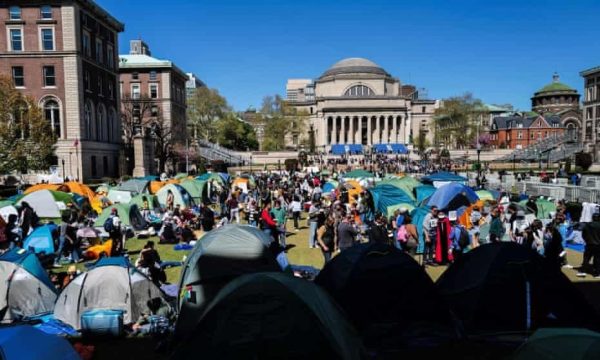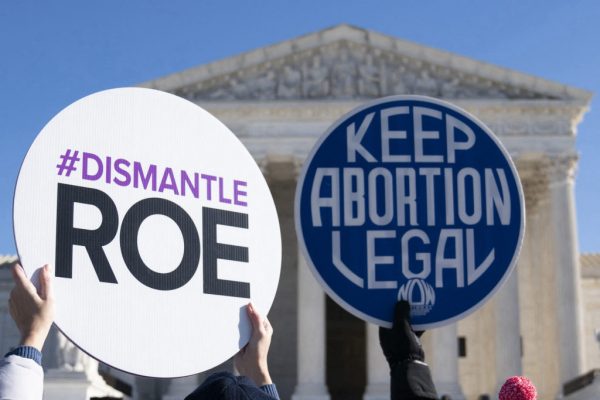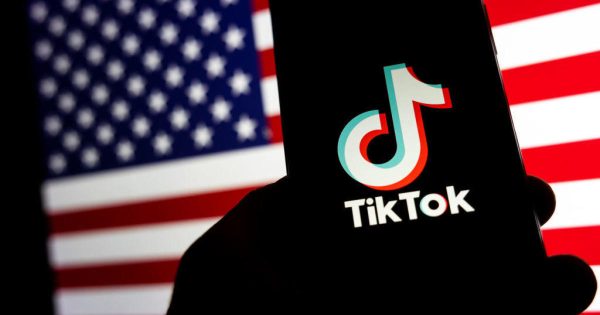The Haitian Journey to Asylum
Content Warning: This article *briefly* mentions rape, sexual assault, and violence.
For decades people have been seeking asylum in other countries. Whether that be for their safety or the safety of their family and loved ones, it is said that those who seek asylum seek a better life and freedom from the bondage of their corrupt countries.
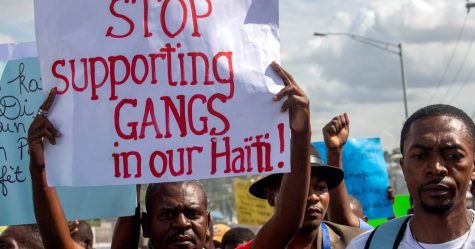
Haitian people have been migrating for years and a number of reasons. Political, environmental, economic, and social instability are among the top reasons. It dates back to the dictatorship of François Duvalier in the early and late 1950s to the early 1970s. After the earthquake in Haiti back in 2010, which left thousands of people dead or homeless, Hurricane Matthew in 2016 also left many in less than ideal situations. With the assassination of the late President Jovenel Moïse in 2021 and the rise in kidnappings and gang violence, many Haitian people fled to countries like the United States, Chile, and Brazil for refuge.
They stayed in these countries for months, years, possibly decades, in hopes to acquire more job opportunities and safety. However, because of COVID-19 and a change in immigration laws, jobs became scarce, and opportunity windows were closed shut. With the constant racism against black people, low exploited wages, and unlivable conditions in these countries, many Haitian people sought out solutions.
When all seemed lost, the election of Joe Biden back in 2020 arose a new hope. Many Haitian people saw Biden’s promises to overturn former President Trump’s policies. He vowed to restore asylum for those persecuted in their own countries and allow more immigration into the U.S. They attentively followed his policy before deciding to brave the perilous journey from South America to the United States to freedom.
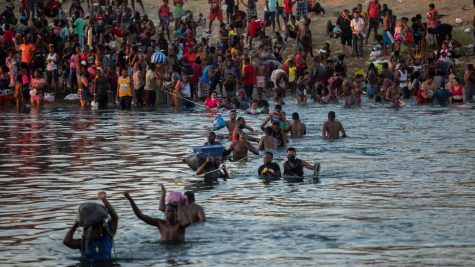
The journey was difficult for many, and according to The Texas Tribune, “Since Sept 9, 30,000 Haitians have arrived in Del Rio.” That number was just the beginning; many more Haitian people attempted to migrate; however, their journeys were cut short because of the many dangers along the way. Several Haitian people faced robbers who demanded their money, belongings and often raped and sexually assaulted the women.
According to a New York Times article, Darny Civil, a Haitian migrant now living in New York, recalled his experience in South America. “I must pay for buses, boats, a guide to cross the forest, and I have to pay police and military, which I describe as legal thieves… Arriving in Colombia was the beginning of the hell, where you have to buy a machete, oil against snakes, a tent, serum for rehydration, and food before starting to cross the forest. I was exposed to all kinds of danger. Some people had worse experiences than me, like men watching thieves rape their wives. I was lucky a bit because the people we paid to guide us had weapons to secure us.”
Many ask the question, what if they are turned away? As of Sept 23, 2021, more than 2000 of the migrants under the bridge have been deported to Haiti. So why would these individuals and families put their all into one country? Ms. Pettengell, a Counselor here at Apopka and someone who has worked as a translator in the American Consulate in Port-au-Prince, says, “Every day the U.S. Consulate see’s over one hundred immigrates. They interview them, process the paperwork….sometimes deny, and sometimes accept. It is all based on each individual or family. So there is not a one-stop yes or no. Do they qualify? Will they be able to be independent if they come to the U.S. Do they have a sponsor? How is their health? If it all checks off, the U.S. allows the person in. If anyone is not doing it this way or not going through the proper process, then they should not be allowed in.”
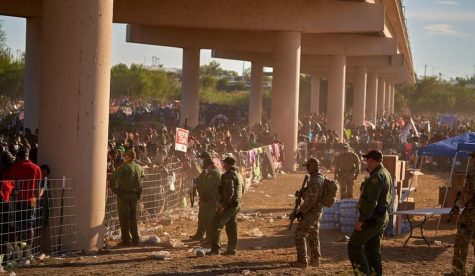
Thousands of migrants, in this case mainly Haitian migrants, placed their lives in the hands of the United States Consulate because they would rather take that risk than stay in Haiti. According to a New York Times Article, Anette Telemarque, a migrant, tells us that “I was suffering in Haiti because I did not have a minimum of freedom. Every time I had to go out, I thought about the kidnapping, the gangs in the streets.”
So the question arises, do we as a country in better standing with our economic and political situation have an obligation to aid those in need? Mr. Whitcomb, AP United States Government and Politics teacher here at Apopka, states, “I don’t think we have an obligation to accept ALL asylum seekers. It should be looked at case by case and limited.” While one of the French teachers here at Apopka, Mr. Marcellus, has more to say, “The U.S. should screen them and conduct a background check. Haitians are hardworking people; I do not believe they are here to harm anyone. They are just looking for an opportunity to make a living and provide for their family.”
America is seen as a beacon of hope and opportunity in the eyes of foreign disadvantaged groups. Therefore it is not unusual to witness the lengths many would go to see the white picket fence. The question is whether or not the gate will open up for them.

